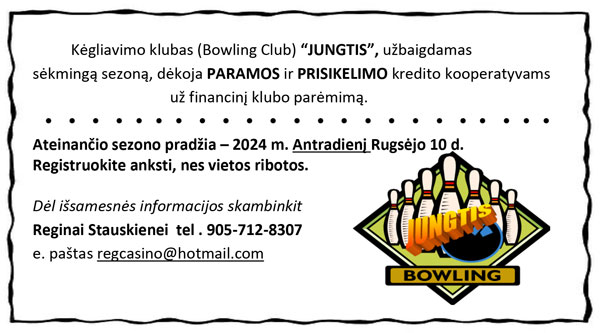
About 140 Lithuanian companies continue operating in Russia, according to data gathered by Lithuania’s business daily Verslo Žinios and Estonia’s Aripaev and Delovyje Vedomosti newspapers. According to the Russian State Register of Legal Entities, last year these companies had revenues of about €368 million and a net profit of €37.86 million based on the current rouble exchange rate.

The companies with the most revenues are owned by Visvaldas Matijošaitis, the mayor of Lithuania’s second-largest city Kaunas, and his business partner Liudas Skieras.
Reporters interviewed managers of some of the companies who claimed the businesses were no longer active, who said it was difficult to sell their shares or to liquidate and deregister them.
The mayor of Kaunas has been under pressure to leave the Russian market since the February 24, 2022, invasion of Ukraine. Despite promising to do so, he is yet to close his businesses in the country.
According to LRT.lt, in mid-March Matijošaitis said the process of selling the business Viciunai Group, a leader in the global surimi market and one of the leading producers of fish and seafood products in Europe founded in 1991, is moving forward, but too slowly. He had hoped for a decision from the Russian commission controlling foreign investments on April 7 of this year.
Matijošaitis, in his third term as mayor of Kaunas in March, has been under attack for not following through on his promise to exit the Russian market within “three or four months” as of April 2022. The group had found five potential buyers by August of last year. The factory in question is located in Sovetsk, Kaliningrad. According to information gathered by LRT, the work at the Vičiūnai Group plant in the Kaliningrad region has not stopped, and its production volumes are not decreasing. Vičiūnai production from Sovetsk goes to Belarus and all of Russia.
As to other products, almost half of shoppers polled in Lithuania would like retailers to label goods from producers that retain business with Russia.
In the survey, 47.4 percent of respondents said that such products should be labelled at the point of sale, while slightly more than a fifth, 22 percent, thought that they should not. Some retailers say they fear the legal implications of such labelling, while others would like the government’s help in accurately identifying companies that do business in Russia.
Four conservative members of parliament approached Lithuania’s major retailers in late June with a proposal to label such products.
According to one proposal author, MP Vilius Semeška, no response has been received from any of the supermarket chains so far. However initiators plan to approach retailers again this autumn and hold meetings. Semeška said he took inspiration from Sweden where retailers themselves took initiative to label the goods of companies with trade links with Russia. “Retailers must not stand on the sidelines. I think the first supermarket chain to make a move would get support. I would choose the number one chain and go shopping,” said the politician.
Vaida Budrienė, head of communications for the Iki supermarket chain, told BNS that the company does not yet intend to label goods on its own initiative. “We are very careful about checking incoming goods, because we have had cases where suppliers still send us goods made in Russia, even though we order them from European or Chinese markets,” said Budrienė. “Even though the supermarket chain Iki does not strictly accept them, we can assume that such goods are still circulating in the market.” Spokesman for the Norfa supermarket chain, Darius Ryliškis, said that labelling would land the chain in court.
Indrė Trakimaitė-Šeškuvienė, spokeswoman for Maxima, told BNS that the supermarket chain would consider marking products from Russia-linked producers only if the authorities themselves come up with a definite list. “Otherwise, marking goods without an official list confirming the manufacturer’s activities in the aggressor country risks misleading buyers and exposing them to legal liability for disseminating potentially false information about the manufacturer, and, in the absence of an official list, there is no possibility of applying the same conditions to all suppliers,” she said.






























